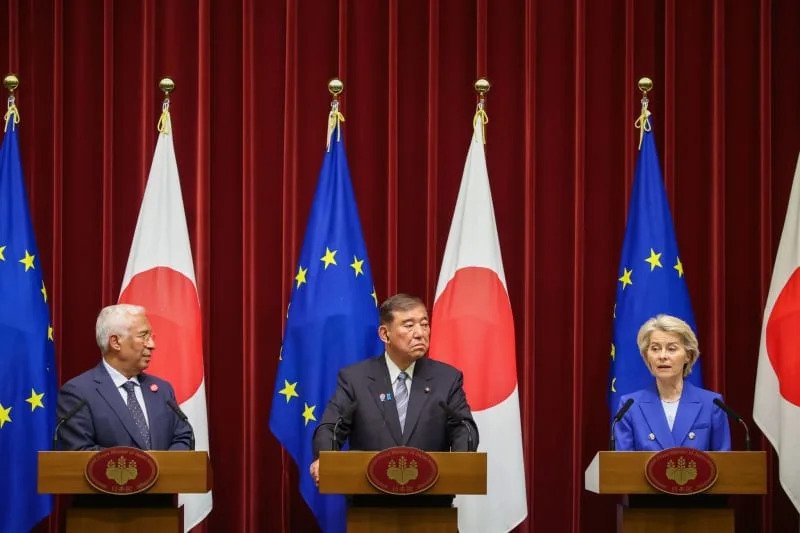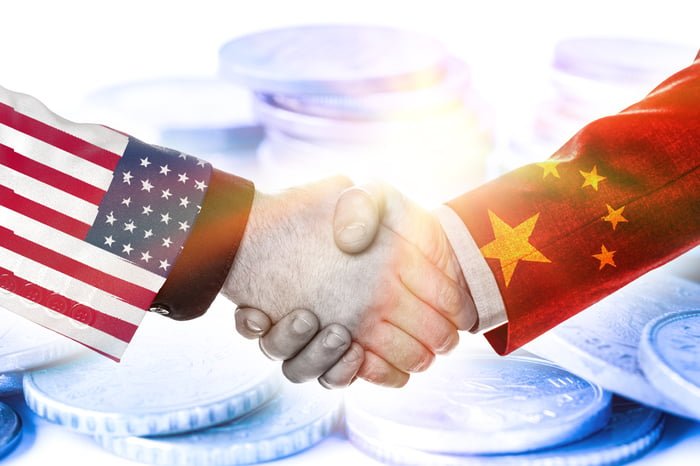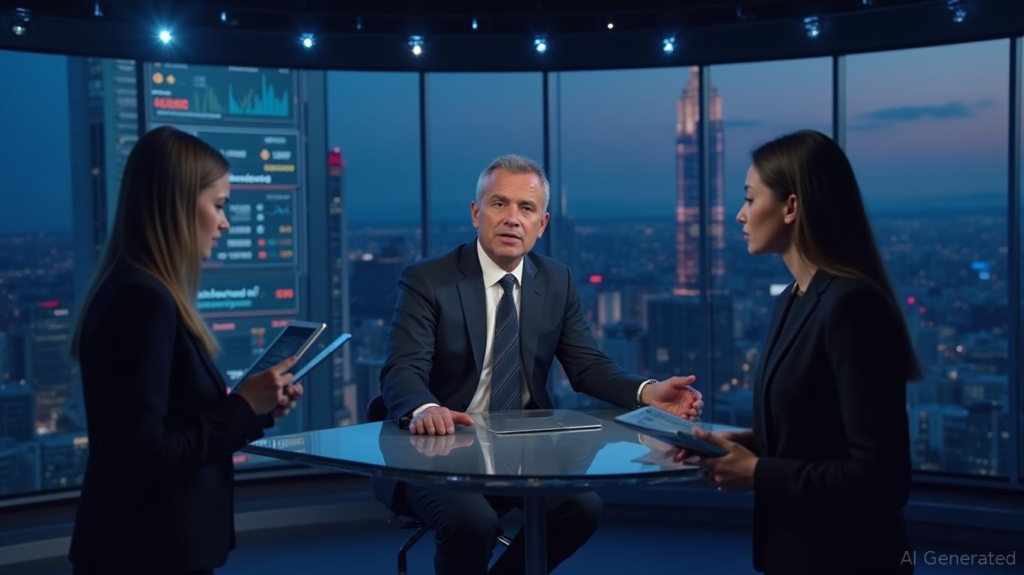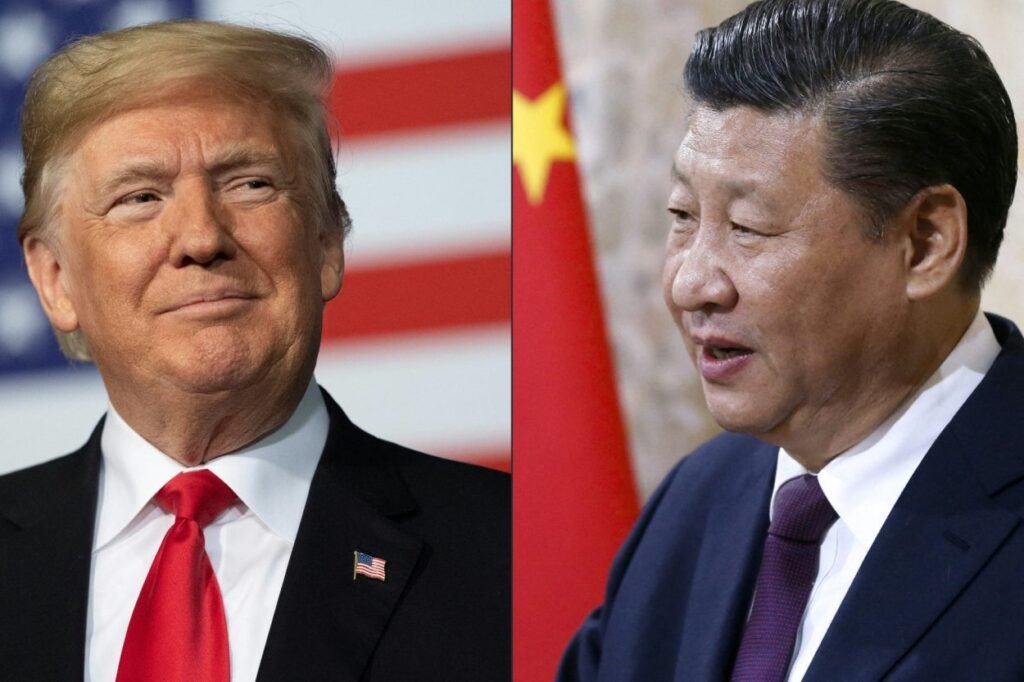An engineer pleaded guilty on Monday to stealing military trade secrets from a Southern California defense contractor.
Newsweek contacted the Chinese Embassy in Washington, D.C., for comment by email outside office hours.
Why It Matters
The plea comes amid heightened mistrust of China among U.S. officials, fueled by the East Asian rival’s state-linked hacking operations, theft of high-tech intellectual property and high-profile cases of espionage.
China’s policy of military-civil fusion—which ensures that technological advances and research in the civilian sector are shared with the People’s Liberation Army—has also rattled Washington and driven counterefforts such as the current curbs on exports of advanced chips to the country.
What To Know
Chenguang Gong, 59, a dual citizen of the United States and China, admitted to transferring more than 3,600 files to personal devices during his brief tenure at the company, according to a statement from the U.S. Attorney’s Office for the Central District of California.
Gong was hired by the defense contractor in January 2023 as an application-specific integrated circuit design manager and was tasked with designing, developing and verifying infrared sensors.
The unauthorized transfers occurred between March 30 and April 26, 2023, and included blueprints for advanced sensors intended for space-based systems to detect and monitor hypersonic, ballistic and nuclear missiles. Other files contained designs for sensors used to warn U.S. warplanes of incoming heat-seeking missiles and to jam their infrared tracking.
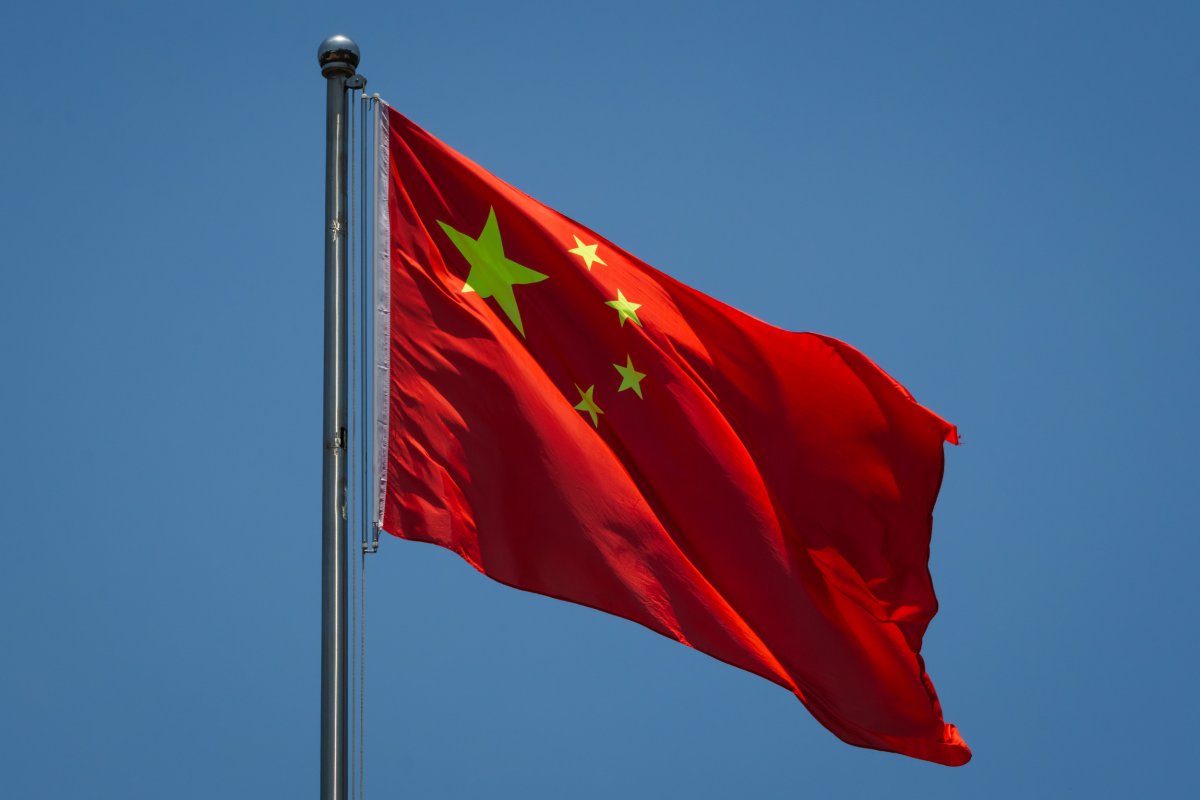
The Chinese flag flutters in the wind against a clear blue sky in front of the Chongqing People’s Auditorium in Chongqing, China, on June 16.
Cheng Xin/Getty Images
The stolen trade secrets, worth millions of dollars, included files clearly marked “proprietary” and “for official use only.” More than 1,800 files were transferred after Gong had already accepted a position with one of the company’s competitors.
While Gong pleaded guilty to one count of theft, prosecutors said that between 2014 and 2022, he worked at several major U.S. technology companies and repeatedly applied to Chinese government “Talent Programs.”
These initiatives recruit overseas scientists and engineers to help transfer expertise and technology back to China, including for military purposes.
For instance, while employed at a U.S. technology firm in Dallas in 2015, Gong sent a business proposal to a high-tech Chinese organization focused on dual-use goods, detailing plans to develop sensors and analog-to-digital converters of the type being produced by his U.S. employer.
He also traveled to China several times in an effort to secure Talent Program funding for the converters, emphasizing their military potential.
In a 2019 email cited by the U.S. Attorney’s Office, Gong said he “took a risk” with these China trips and stressed that he could “do something” to contribute to China’s “high-end military integrated circuits.”
What People Are Saying
The U.S. District Court for the Central District of California said in its February 2024 complaint: “These files describe the methods, designs, techniques, processes, specifications, testing, and manufacture of these technologies and would be extremely damaging economically if obtained by the victim company’s competitors, and would be dangerous to U.S. national security if obtained by international actors.”
What Happens Next
China has not commented publicly on the case. Gong is free on a $1.75 million bond, and his sentencing hearing is scheduled for September 29. He faces a maximum 10-year prison sentence.

